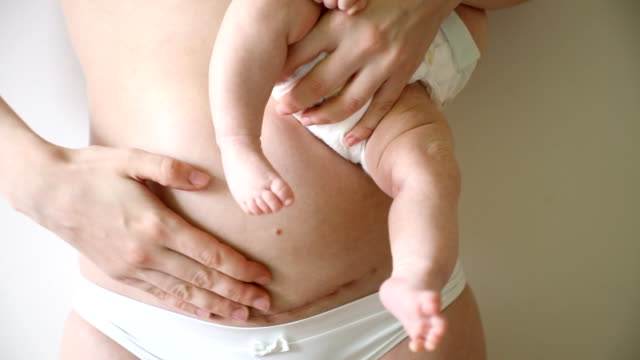
If you are a new mum who has just been through a caesarean section, congratulations! It is not easy to have to deal with surgery and the care of a new baby. Making a plan for recovery and return to work and exercise involves first understanding how the body heals and when and how to intervene to get back to your normal.
After 6-8 weeks, women are normally happy to undertake brisk walking and, if possible, swimming. Return to higher-intensity exercise takes longer and should not be rushed. Before getting into running, jumping, Zumba, CrossFit, or any other high-impact exercise, it is essential to have a check by a pelvic floor physiotherapist to look into the state of your pelvic floor and abdominal muscles. Return to high-intensity training prematurely, normally before 3 months post-partum, can lead to issues of incontinence (also possible with caesarean section delivery as pregnancy alone without vaginal birth can cause this!), prolapse and pain.
Return to sexual activity is dependent on when you feel ready and have made the necessary arrangements for contraception if you need it. Start gently, and you might need to make use of a water-based lubricant, especially if you are breastfeeding. If you have tried intercourse several times and are still experiencing pain, it might be related to tightening or spasms in your pelvic floor muscles. This tightening of muscles sometimes happens as a result of pregnancy and should not be ignored. A pelvic floor therapist will help guide you on the necessary exercises to lengthen your pelvic floor muscles and control the pain.
Recovery from a caesarean section is guided by timelines. However, each person is different with different life situations. In recovery, we need to consider other aspects such as additional health concerns, the amount of support that person is receiving, the amount of sleep the new mum is getting and also additional concerns related to the care of the rest of the family or work. It is perfectly fine if you feel that your body needs more time to recover. The essential point is to start slow and progress gradually and safely and try, if possible, to get support of family and friends.
Carolyn Sultana is a Women’s & Men’s Health Physiotherapist currently working in private practice. A graduate of the University of Malta and received her postgraduate masters degree in pelvic health from the University of Bradford. Ms Sultana is a visiting lecturer at the University of Malta, Faculty of Health Sciences.
Ms Sultana specializes in pelvic floor rehabilitation particularly in people suffering from urinary and/or faecal incontinence, pelvic organ prolapse, obstructed defecation, urgency or straining. She works with women throughout their pregnancy to manage issues such as musculoskeletal pains and pelvic floor issues and postnatally to return to optimum physical fitness in a safe manner. Ms Sultana treats patients with sexual pain and dysfunction as a result of pelvic floor issues.





